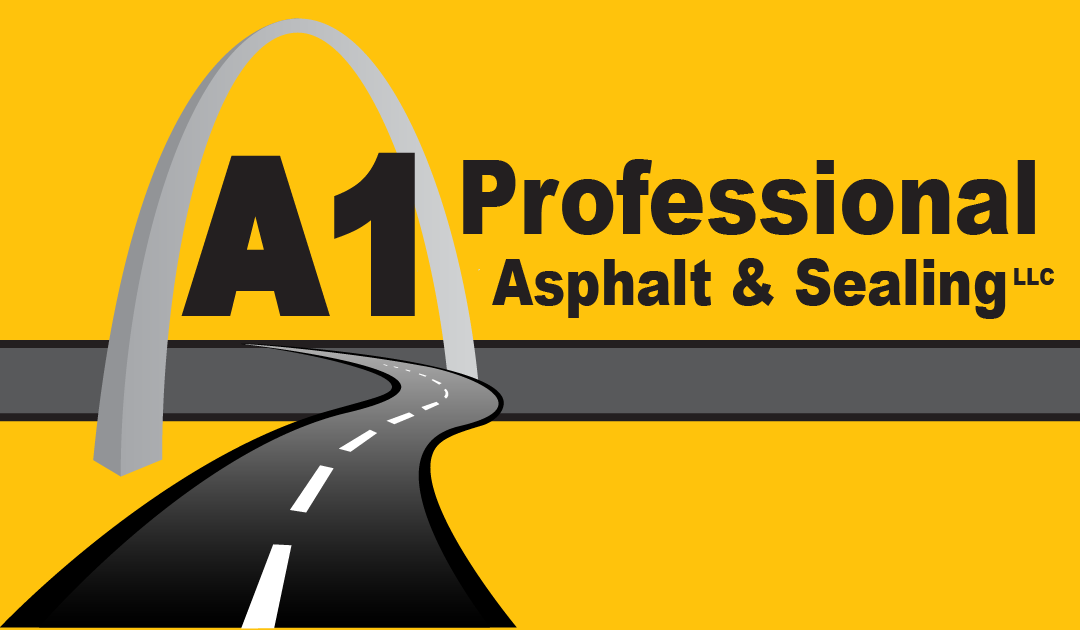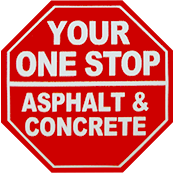How to Properly Treat Concrete/Asphalt in Cold Weather
During winter, snow and ice-melting salt mixtures can do serious damage to concrete and asphalt surfaces. In late winter and early spring, this damage is evident in newly formed deep cracks and potholes left behind after the various road treatments. Contrary to popular belief, it’s not the salt itself that causes the damage — at least not directly. It’s actually the effects the salt has on the freezing point of water. The brine created by mixing salt and water results in a lower freezing point, increasing the number of freeze/thaw cycles. These cycles cause expansion and contraction that, over time, causes all of those nasty potholes. While we have little control over the roads we travel on, we do have choices about how to deal with ice and snow on our own business’ driveways, walkways and parking lots. Obviously, it’s imperative to protect customers and employees from the hazards of snow and ice, but it’s also important to preserve those paved surfaces and prevent damage where possible, saving your company from potential costly repairs.
Get Natural Traction with Sand
No, not the sand you get from your town’s local “free for residents” sand pile, as it typically contains the same salt mixture that does so much damage to roads. Sand, although it won’t melt ice, will provide traction on icy surfaces once your parking lot is plowed and your walkways and concrete steps have been shoveled or snow-blown. This is also a great alternative to use if your company sees frequent visits from dogs or other animals as many de-icers can have chemicals that are harmful if accidentally ingested as well as harmful to paws. Beware, though, that every time somebody walks through your business’ front doors, the sand will most likely tag along.
Melting Mats for Small Surface Areas
If your business has a small walkway or steps, melting mats can help keep the ice and snow away year after year. These mats use heat to keep ice at bay without damaging concrete by using heating elements that are “sandwiched” between layers of rubber and plugged into outdoor outlets. They’re fairly effective at melting a few inches of snow, as well, and can be easily stored in the off season.
Dealing with Damage
When damages do occur, your best option is to call in a professional. We at A1 Professional Asphalt & Sealing offer our customers excellent work and professional, courteous service. If your company’s driveway or parking lot has suffered damage after a tough winter of plowing, salting, freezing/thawing and re-freezing, don’t hesitate to contact us for a repair estimate!

